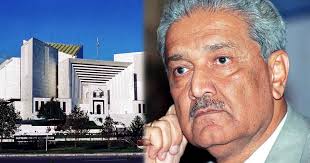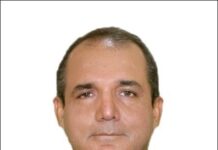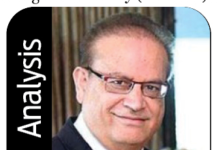Naveed Ahmed Khan
Islamabad: The nation observes the third death anniversary of Dr. Abdul Qadeer Khan, affectionately known as Mohsin-e-Pakistan, a distinguished nuclear scientist whose contributions established Pakistan as the first nuclear power in the Muslim world and the seventh globally.
Dr. Khan’s efforts were pivotal in fortifying Pakistan’s defense capabilities, leading to his recognition with prestigious awards, including the Nishan-e-Pakistan, on two occasions.
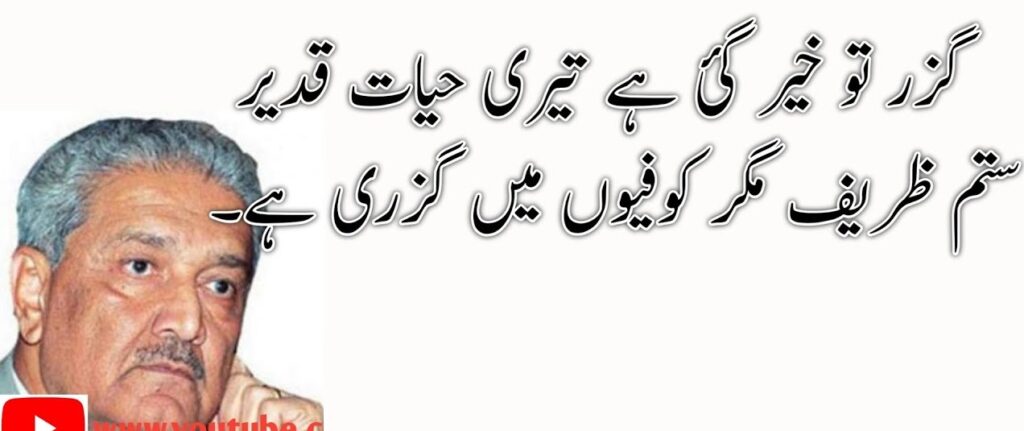 Dr. Khan’s health began to decline just one day before his passing. He was admitted to KRL Hospital in an ambulance at 6:00 AM, where he succumbed to lung failure at 7:04 AM on October 10, 2021, at the age of 85.
Dr. Khan’s health began to decline just one day before his passing. He was admitted to KRL Hospital in an ambulance at 6:00 AM, where he succumbed to lung failure at 7:04 AM on October 10, 2021, at the age of 85.
In a recent legal development, more than four months posthumously, the Supreme Court addressed a petition filed by Dr. Khan regarding the enforcement of his fundamental rights, including freedom of movement. Chief Justice Umar Ata Bandial, heading a three-judge bench, dismissed the petition as moot following Dr. Khan’s death.
Counsel for Dr. Khan, Advocate Taufiq Asif, argued that the nuclear scientist was not an ordinary individual; his sacrifices for the nation deserved recognition. He highlighted that Dr. Khan faced undue restrictions under the guise of security since 2004 and called for accountability for those responsible for limiting his rights.
Asif expressed disappointment over the lack of public acknowledgment for Dr. Khan’s legacy, noting the absence of significant public infrastructure named in his honor. He implored the court to advocate for the vindication of Dr. Khan’s contributions as a means to honor his memory.
Chief Justice Bandial remarked, “Great nations recognize and respect their heroes,” but advised the counsel to pursue separate legal action if further directives were sought. He recalled that during previous hearings, the court had lauded Dr. Khan’s service to the nation.
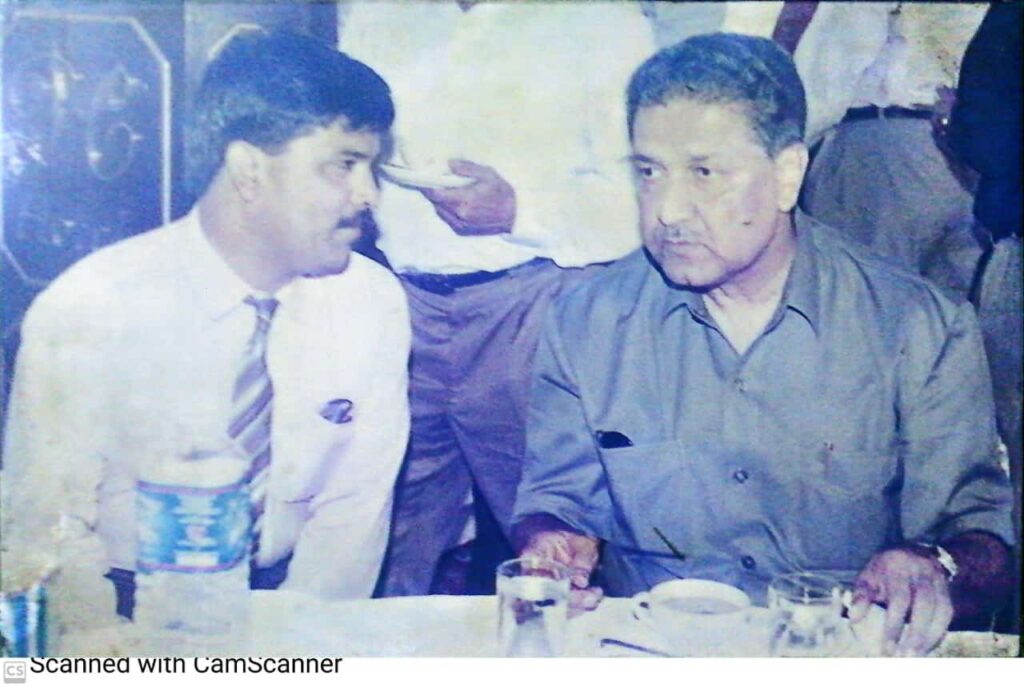
Earlier, on June 23, 2021, the Supreme Court had requested the Attorney General, Khalid Jawed Khan, to meet with Dr. Khan to address his concerns amid ongoing discussions pertaining to the security measures surrounding him.
Dr. Khan’s earlier plea, initially considered by the Lahore High Court, was dismissed on grounds of jurisdiction concerning state security protocols. In a significant 2009 ruling, the Islamabad High Court had acknowledged Dr. Khan’s status as a free citizen but imposed restrictions on dissemination of certain details, as requested by both parties involved.
On May 14, 2020, Dr. Khan expressed to the Supreme Court that he had been coerced into signing a consent agreement concerning his habeas corpus petition, which he claimed was not made voluntarily. In his appeal, he asserted the necessity of safeguarding his fundamental rights and requested fair opportunity for his voice to be represented in court.
Dr. Khan emphasized his role as the architect of Pakistan’s nuclear program, illustrating how the collective efforts led to Pakistan’s nuclear status, enhancing national security. He lamented his enforced isolation, revealing that even family members living nearby were barred from visiting him, indicating the extent of restrictions he endured.
As we remember Dr. Abdul Qadeer Khan today, his legacy serves as both a symbol of national pride and a reminder of the ongoing struggle for personal liberties.
